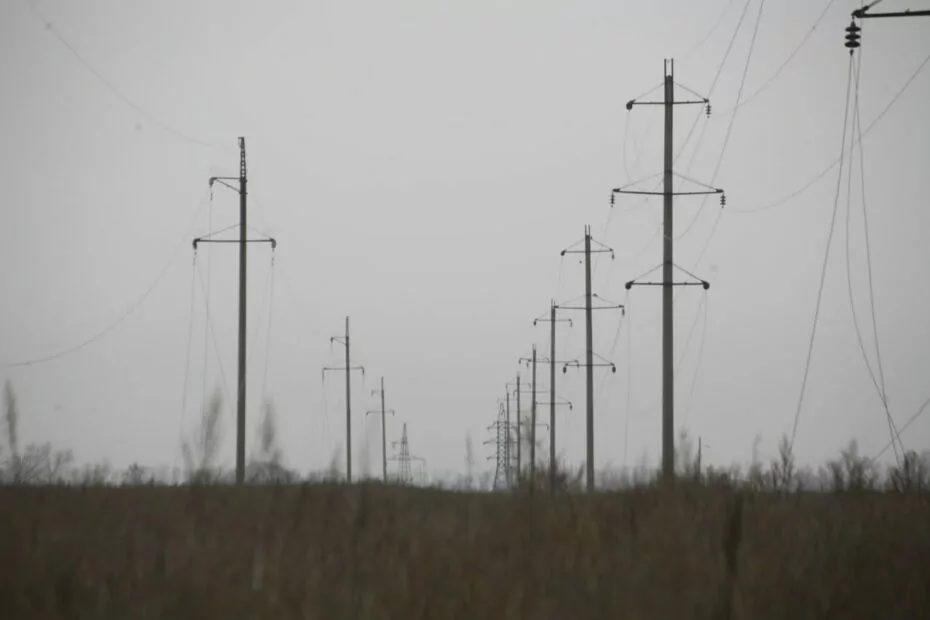On 22 March, specialists of Kharkivoblenergo JSC came under artillery fire in Vovchansk, Kharkiv Oblast, while carrying out repair work, the company informed.
That is the third incident of this year. Oleksandr Hanus, the head of Kharkiv Regional Electricity Company, is convinced that the Russian military deliberately targeted the repair team. The shelling began just as the electricians were starting to work. The power workers reacted quickly and managed to hide. No one was injured.
“It’s 6 km to the border, and we need to restore the 110 kV high-voltage line that supplies part of the Vovchansk community. The enemy is doing everything to prevent us from doing this,” the head added.
In December 2022, the United Nations High Commissioner for Human Rights and Amnesty International deemed Russia’s assault on Ukraine’s civilian infrastructure, including energy facilities, as potential war crimes.
According to international courts and the Geneva Conventions and their additional protocols, parties engaged in a military conflict must differentiate between “civilian objects and military objectives,” and targeting civilian objects is prohibited.
While power infrastructure has been viewed as a legitimate military objective for a long time, as long as it supports an enemy army’s operations, even if it also aids the civilian population.
With the escalation of Russia’s attacks on power infrastructure, it appears less and less probable that its military forces can justify each strike with a clear and specific military advantage.
We note that the power supply line in Vovchansk and the engineers who fix it can hardly be a legitimate military target.
See also: a study by the World Bank, United Nations, European Commission, and Ukraine reveals that rebuilding Ukraine’s economy after Russia’s invasion in February 2022 will cost $411 billion.




